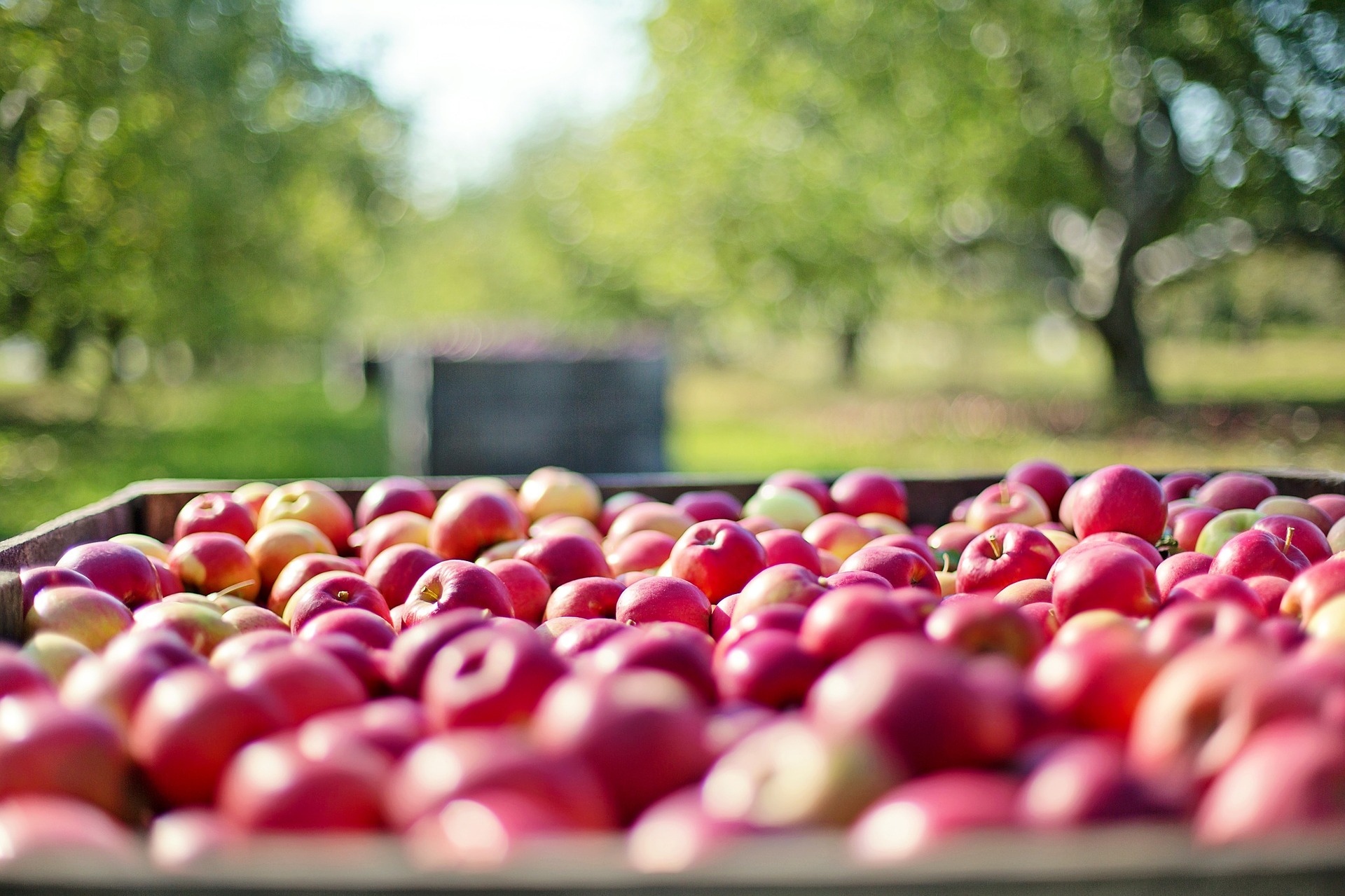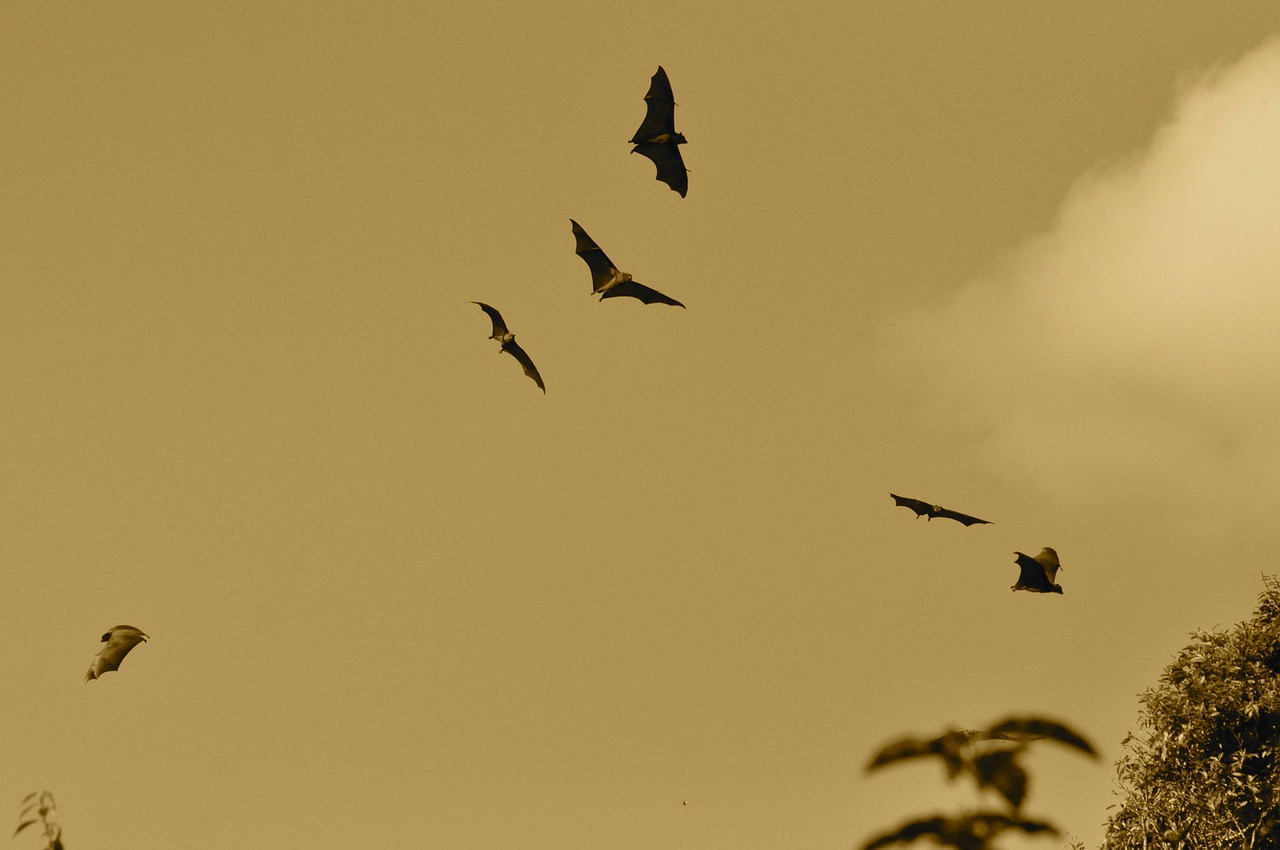
FRANCE-ANSES: Update on the SDHI issue
31 July 2019
OECD: A step-wise approach for the verification process of the GLP Status of Non-Clinical Safety Studies
29 August 2019EFSA has published a scientific statement that considers whether the current risk assessment performed for birds and ground dwelling mammals exposed to pesticides is also protective of bats.
Bats are not specifically mentioned under the current risk assessment for pesticides methodology however they are an important group of mammals, frequently foraging in farmland and potentially exposed to pesticides. Bats help to regulate arthropod populations.
EFSA PPR Panel addressed three main issues:
– whether bats are toxicologically more or less sensitive than the most sensitive birds and mammals;
– whether oral exposure of bats to pesticides is greater or lower than in ground dwelling mammals and birds;
– whether there are other important exposure routes relevant to bats.
Based on the evidence compiled, the PPR Panel concludes that bats are not adequately covered by the current risk assessment approach, and that there is a need to develop a bat-specific risk assessment scheme. Based on the current assessment, this should include a focus on:
(a) oral exposure via residues in insects and grooming,
(b) dermal exposure and
(c) exposure of pups via milk.
It is important to highlight that any risk assessment scheme should consider the total body burden from all exposure routes as bats foraging in the field will be exposed to residues in insects, and via dermal and inhalation routes.
In general, there was scarcity of data to assess the risks for bats exposed to pesticides. Recommendations for research are made, including identification of alternatives to laboratory testing of bats to assess toxicological effects.
To download:
Scientific statement on the coverage of bats by the current pesticide risk assessment for birds and mammals (EFSA Journal 2019;17(7):5758)
Lynxee consulting’s team is at your disposal to answer your questions.
Contact us! https://lynxee.consulting/en/contact/
Photo credit: PublicDomainPictures/pixabay


